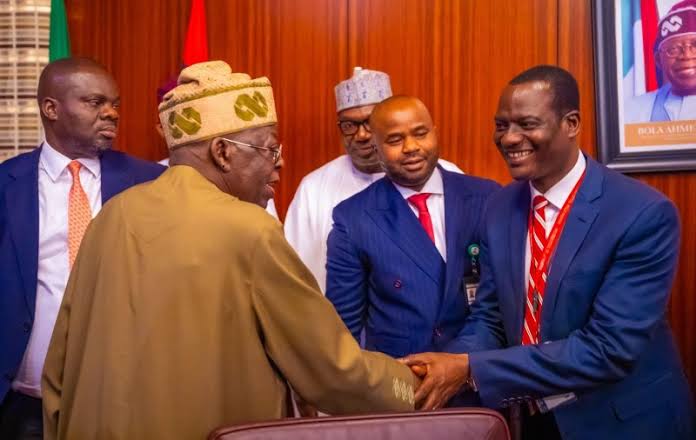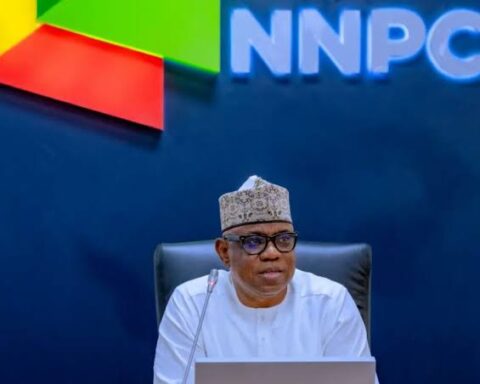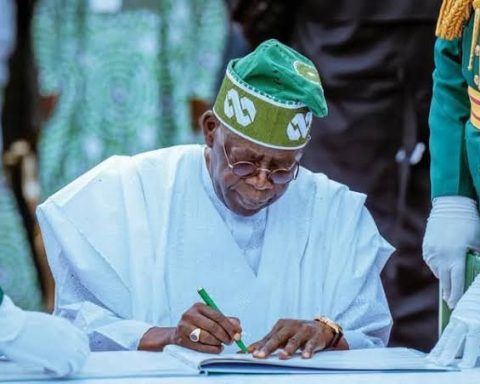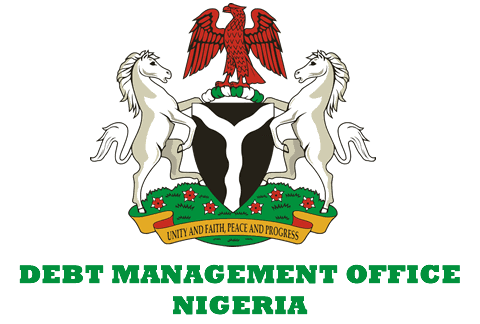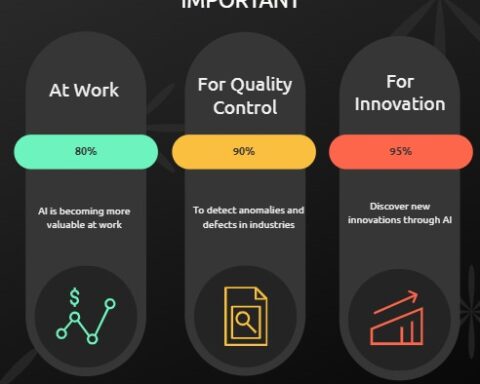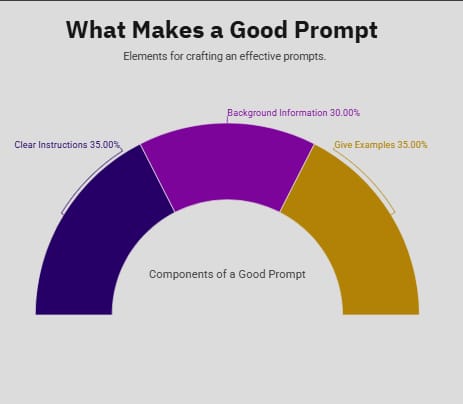In a bitter irony of fate, the same man who declared that “we cannot continue to tax poverty” has overseen a tidal wave of taxes and levies pushing Nigeria further into the abyss of pauperisation. Taxes should be tools of social progress, but under President Tinubu’s government, they are taking citizens into deeper desperation.
It began in Lagos, where Bola Tinubu earned a reputation as the governor who turned tax collection into an art, and villagers and petty traders into the unwilling subjects of relentless levies. Now, as president, he appears determined to replicate his “Lagos miracle” nationwide. The result? A staggering 76% jump in federal revenue, from N12.474 trillion in 2023 to N21.6 trillion in 2024,thanks to across-the-board tax hikes and new duties.
Gone are those days of merely widening the tax net and going electronic. Nigerians now pay through the nose withhigher electricity tariffs, bank ATM charges, tolls, and even a recently imposed 4% customs duty and 15% increase in port tariffs. Critics argue this is not revenue mobilisation, it is a total bleed.
A BusinessDay editorial encapsulates it: “taxing the poor” is not just immoral, it chokes demand and stifles economic growth. Nigeria’s tax system, which has the lowest personal income tax exemption threshold of eight African economies, is driving a monstrous inequality. Despite paltry incomes, the poorest workers are taxed while the economy is idling in neutral.
And it is not textbook economics. In 2024-2025, inflation went through the roof above 30% and poverty went on a rampage, sweeping in its trail over 129 million Nigerians. The wholesale removal of fuel subsidy, naira devaluation, and tight economic reforms ignited scenes of desperation: stampedes at charity food events, protests, and political unrest under the “End Bad Governance” banner.
An economist in ThisDay summed it up nicely: a taxpayer is like a blood donor—you cannot draw out the very last drop without killing them. Tinubu’s extraction rate risks doing just that to the very economic lifeblood of the country.
Yet, there are cheerleaders. Proponents say the tax reforms—including four major bills approved recently—are long overdue. They promise unification of tax laws, progressive tax bands, relief for low-income earners, and elimination of multiple taxation. Indeed, Nigeria’s tax-to-GDP ratio languishes at just 10.8%, below peer economies. Modernising the Federal Inland Revenue Service into a streamlined Nigeria Revenue Service is another bold stroke toward efficiency.
But in theory and in practice, the devil lies in execution. Fostered without protections for the poor, these reforms flock with regressive consequences.
There is a cruel irony to Tinubu’s tax crusade. We cannot forget how he first propagated the idea of “taxing prosperity, not poverty,”. But as we can see, his government’s apparatus resembles a tax farmer harvesting meager crops from depleted fields. The reforms, if perhaps well-intentioned, are being realized in a vacuum of social welfare, infrastructure delivery, and genuine economic empowerment.
Nigeria will not be developed by punishing its own citizens. Development must be led by prosperity, not extraction. Until tax revenues are converted into roads, clinics, schools, and livelihood sustenance, especially for the poorest of the poor, such policies will only exacerbate Nigeria’s economic tragedy
Taxing Poverty: The Perverse Logic of Tinubu’s Revenue Drive
